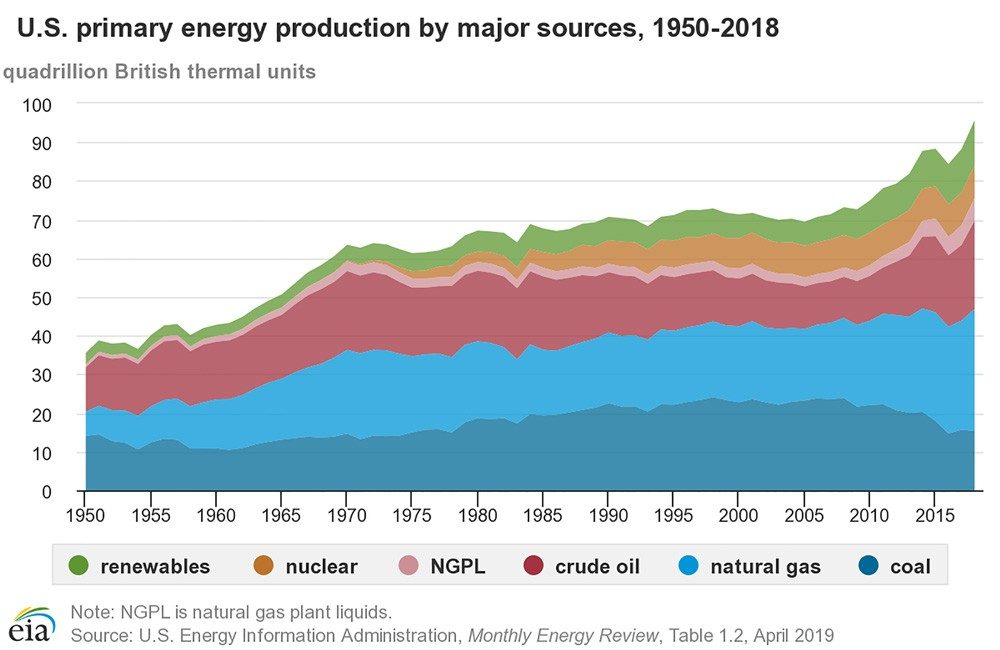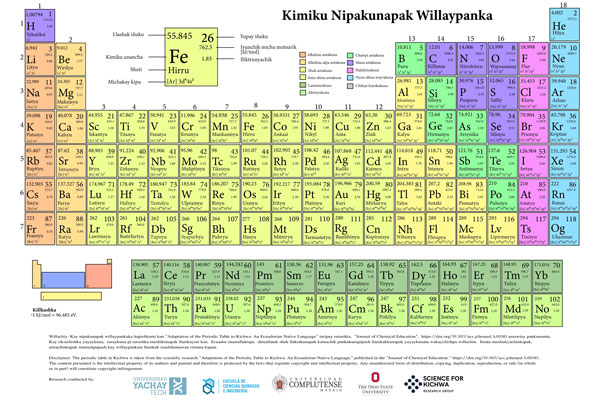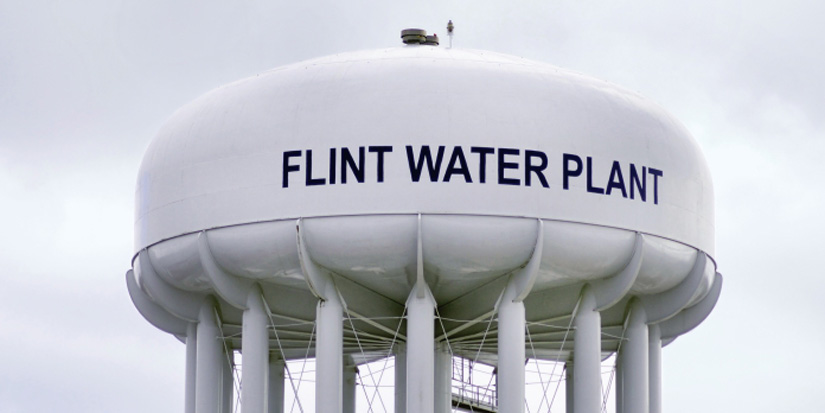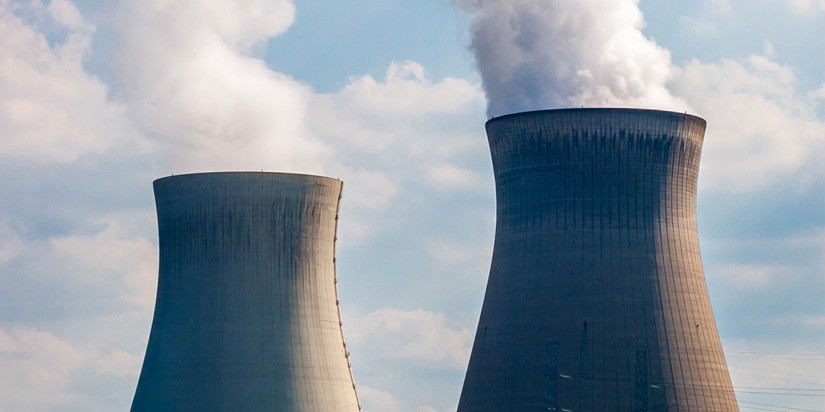
Downloads: Download Article (PDF)
Nuclear power, once hailed as the future of cheap electricity, is now often viewed by many as an extremely expensive and dangerous technology that should become a relic of the past. Nuclear power plants generate large amounts of electricity and lower carbon dioxide (CO2) emissions than power plants that burn fossil fuels. Nuclear plants, however, also produce radioactive waste and are vulnerable to accidents. But as the world seeks to reduce CO2 emissions to fight climate change, is it time to ramp up nuclear energy?
As is true for any energy technology, nuclear power comes with risk. Three high-profile accidents have served as frightening reminders of this fact. In 1979, a reactor at the Three-Mile Island nuclear plant in Pennsylvania partially melted down; in 1986, a reactor at the Chernobyl power plant in Russia exploded; and in 2011, three reactors at the Fukushima plant in Japan melted down after a tsunami flooded them.
Many experts, however, will point out that although nuclear accidents are indeed dangerous, they have resulted in fewer deaths than other energy-related disasters, including explosions at coal mines and oil refineries. Statistics show that nuclear power is safer than coal power plants in terms of deaths per unit of electricity generated. And some researchers have estimated that living in a large polluted city can be more harmful to a person’s health than working as a Chernobyl clean-up worker.
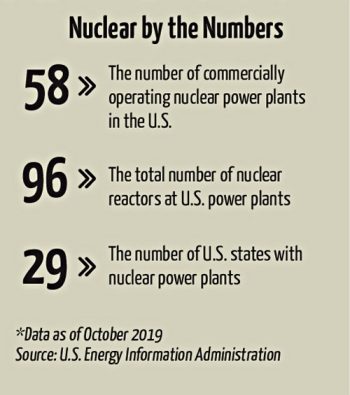
The decline of nuclear power
How nuclear energy will fit into the future energy mix is unclear. Having fallen out of favor in some countries, the total amount of electricity generated by nuclear plants has dropped from a high of 18% of the worldwide total in the mid-1990s to only 10% today.
This decrease is due to several factors. In addition to the public’s wariness over nuclear accidents, nuclear power plants are very expensive. The electricity produced by these plants costs $112 to $189 per megawatt hour (MWh) compared with $36 to $44 per MWh for solar. Also, building new nuclear plants can take decades. Meanwhile, many of the existing plants are old and near the end of their useful lives. Additionally, most countries that use nuclear power still don’t have long-term plans for dealing with the radioactive waste generated by nuclear power plants.
Global climate change, however, which is largely driven by how we produce energy, might motivate countries to invest more in low-carbon energy. Most energy production comes from burning fossil fuels, such as coal, oil, and natural gas. But burning these fuels releases CO2 into the air. The more CO2 we release, the more our climate changes. The consensus among scientists is that, among other solutions, the world must release less CO2 during energy production. This means shifting energy production toward renewable sources, including wind, solar, and geothermal energy.
Renewed interest
Given that atmospheric CO2 levels are at a record high and rising, some experts argue that nuclear energy is needed to help curb these emissions. Some countries, such as China, Russia, and India, are moving forward with plans to build more nuclear power plants, although in response to the Fukushima disaster, Japan, Germany, and others are scaling back.
The future of nuclear could also mean revisiting the technology involved. Most current nuclear power plant designs are decades old. New types of advanced nuclear reactors, however, are in the works. One type, backed by billionaire Bill Gates, called a traveling wave reactor, is being designed to use depleted uranium waste as its fuel source. So, this type of reactor would generate electricity with low CO2 emissions, and reduce the amount of nuclear waste at the same time. Others in the industry are betting on small-scale reactors, which are currently still under development.
Can nuclear power save the day for climate change in the future? It’s a question that is open for discussion.

